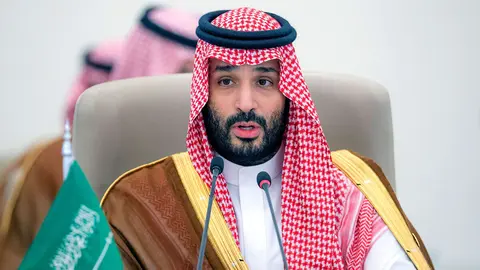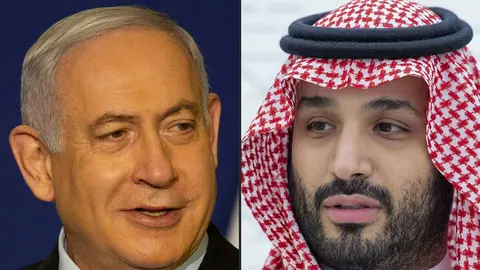Washington pushes Saudi-Israeli normalisation to isolate Iran

- Isolating Iran and restraining China
- Saudi Arabia aims to reassert its leadership in the Arab and Muslim world
- Despite Iran's criticism, normalisation talks continue
A peace agreement between Saudi Arabia and Israel would mark an international milestone and a turning point in the Middle East. The normalisation of relations between the two countries would open a new horizon in the region based on peace, security and stability.
These are the main reasons why the United States has been trying for some time to push for an agreement between the Kingdom of Saudi Arabia and the Jewish state, although Washington also pursues other objectives with this normalisation.
A peace agreement between Riyadh and Jerusalem - in exchange for a defence pact between Saudi Arabia and the US - would not only bring stability to the region, but also isolate the Iranian regime.
Despite China's cool reconciliation between Saudi Arabia and the Islamic Republic of Iran after years of tensions, the two regional powers remain religious but also political rivals.
On the other hand, given the strong enmity between Iran and Israel, a Saudi-Israeli normalisation could also be seen as an alliance against Iranian expansion in the region through its proxies in the so-called 'Shia Crescent'.
Added to this is the strong partnership between several Arab countries and Israel through the Abraham Accords, an alliance that has also been presented as a common front against Tehran.
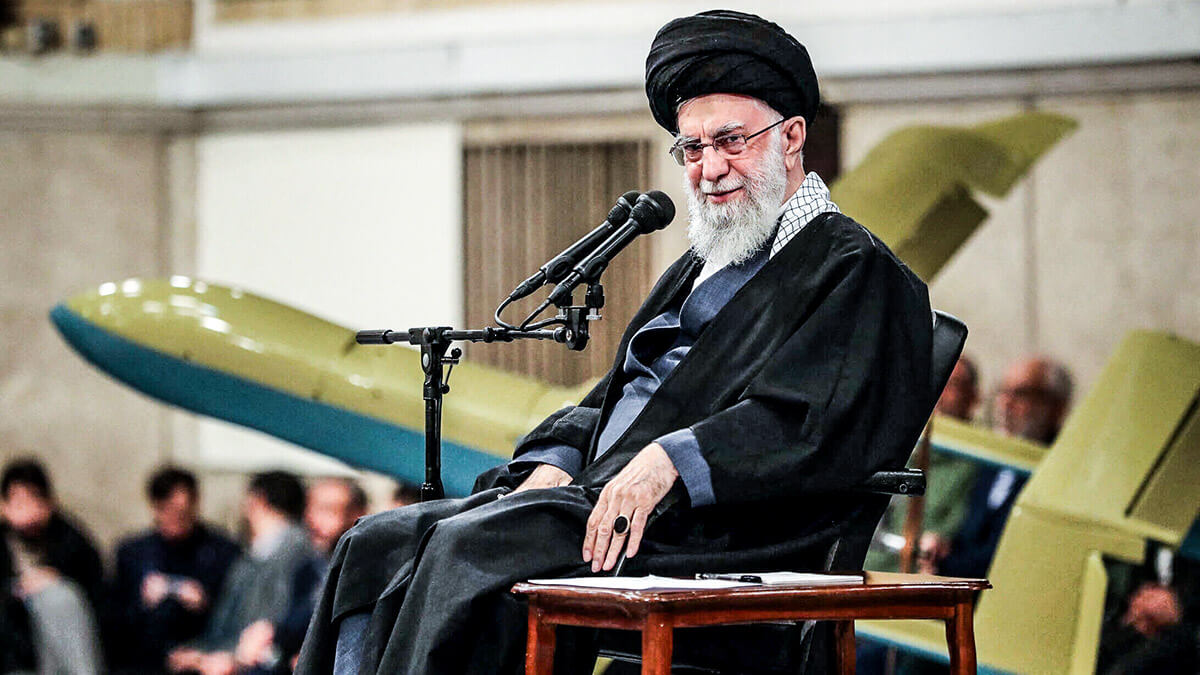
Moreover, it is worth noting that the possible normalisation between Saudi Arabia and Israel would be signed in exchange for a bilateral defence agreement between Washington and Riyadh aimed at strengthening the Kingdom's deterrence capabilities.
In this regard, a State Department spokesman has stressed to RFE/RL Washington's willingness and commitment to its allies and partners to "enhance their ability to deter and counter threats from Iran". The spokesman also spoke of "imposing costs on Iran for its actions" and the changing "calculus of Iran's decision-making over time".
However, this bilateral agreement between the Saudis and Americans can only be achieved through normalisation in Israel. Riyadh, for its part, demands a ceasefire in Gaza and a credible basis for the creation of a Palestinian state in order to sign any agreement with Israel.
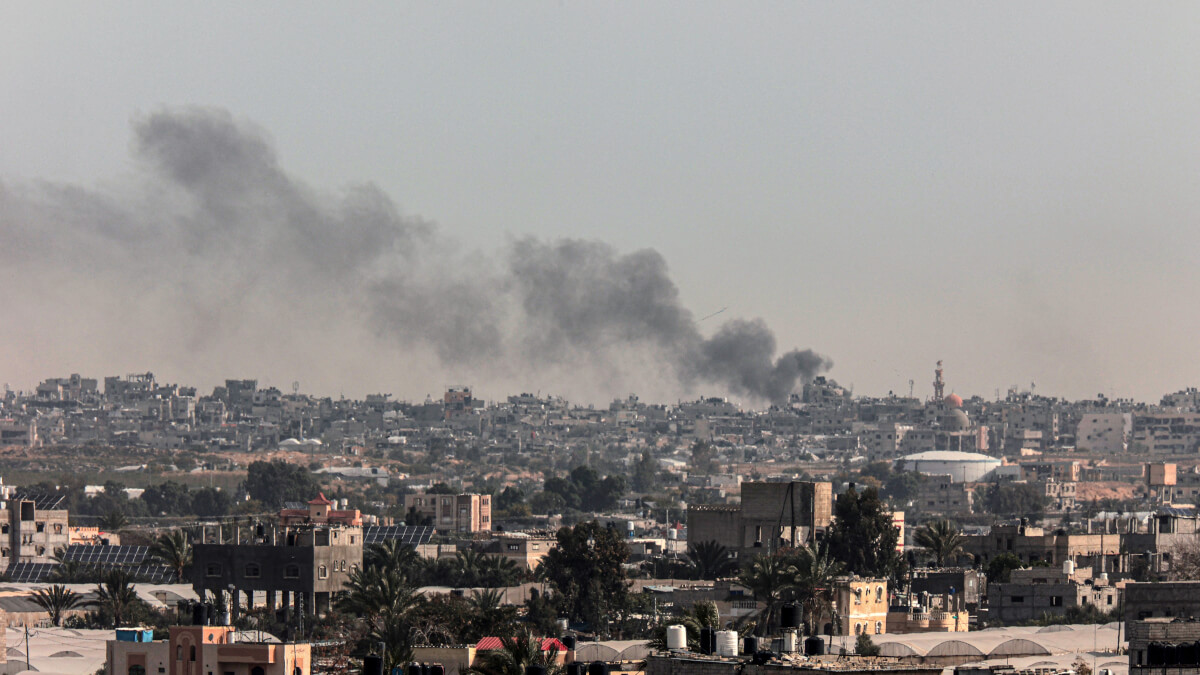
This is why the Biden administration advocates a tripartite pact to secure a permanent and sustainable peace in the Middle East, thereby further isolating Iran.
This regional and international isolation to which Tehran is exposed is due, according to the State Department spokesman, to "its own policies", he told RFE/RL.
Iran is likely to make a move in the event of a normalisation between Israel and Saudi Arabia, as such a peace would be perceived as a strengthening of the Arab-Israeli alliance against Tehran.
"Any kind of coalition will push Iran to opt for counter-coalitions," Hamidreza Azizi, a fellow at the German Institute for International and Security Affairs, told the media outlet.
Isolating Iran and restraining China
In addition to isolating Iran, the US is also seeking to strengthen its position in the Middle East in the face of the growing influence of China, a player that is making a strong entry into the region.
The defence pact that Washington would sign with Riyadh in exchange for normalisation with the Jewish state also contemplates limiting the use of Chinese technology in the Kingdom in exchange for large US investments and assistance in the construction of a civilian nuclear programme.
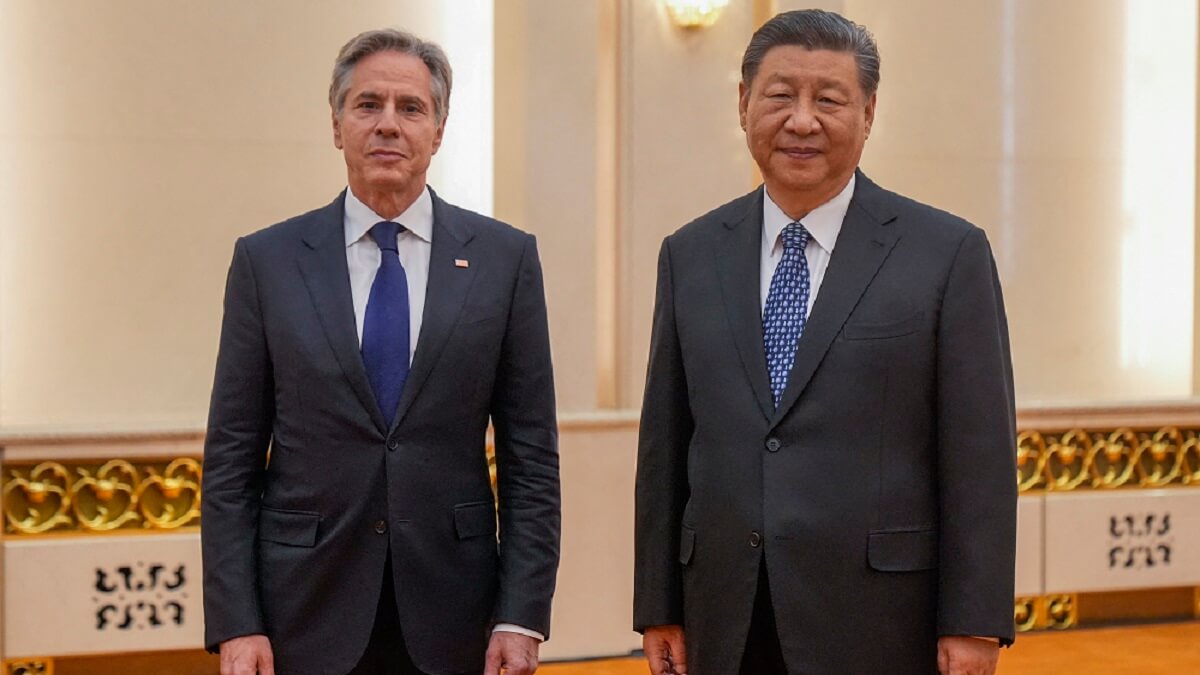
Saudi Arabia aims to reassert its leadership in the Arab and Muslim world
For the US, isolating Iran and strengthening its position in the Middle East is the cornerstone of the security agreement with Saudi Arabia and the Kingdom's normalisation with Israel. But what are Riyadh's main motivations?
While countering Iranian influence is one of the Saudis' objectives with a peace agreement with Israel, the Kingdom aims to reassert its leadership in the Arab and Muslim world by establishing a Palestinian state and providing a permanent solution to the Arab-Israeli conflict.

Moreover, if Riyadh follows the UAE's strategy, it could strike a balance between Israel and Iran. "Riyadh seems confident that normalisation with Israel would not have a major impact on its relationship with Tehran," Anna Jacobs, Gulf analyst at the International Crisis Group, tells RFE/RL.
Based on this approach, Saudi Arabia hopes to continue cooperation with Iran on regional and bilateral issues and prevent Tehran from resuming attacks on Saudi interests through its militias in Iraq or Yemen.

Despite Iran's criticism, normalisation talks continue
Iran has always opposed any kind of agreement between Arab countries and Israel and has been one of the main critics of the Abraham Accords. Similarly, Iranian Supreme Leader Ayatollah Ali Khamenei has recently indirectly criticised Saudi Arabia for seeking to normalise its ties with Iran.
In this regard, it has even been pointed out that one of the reasons Hamas launched the attack on Israel on 7 October was precisely to thwart this agreement.
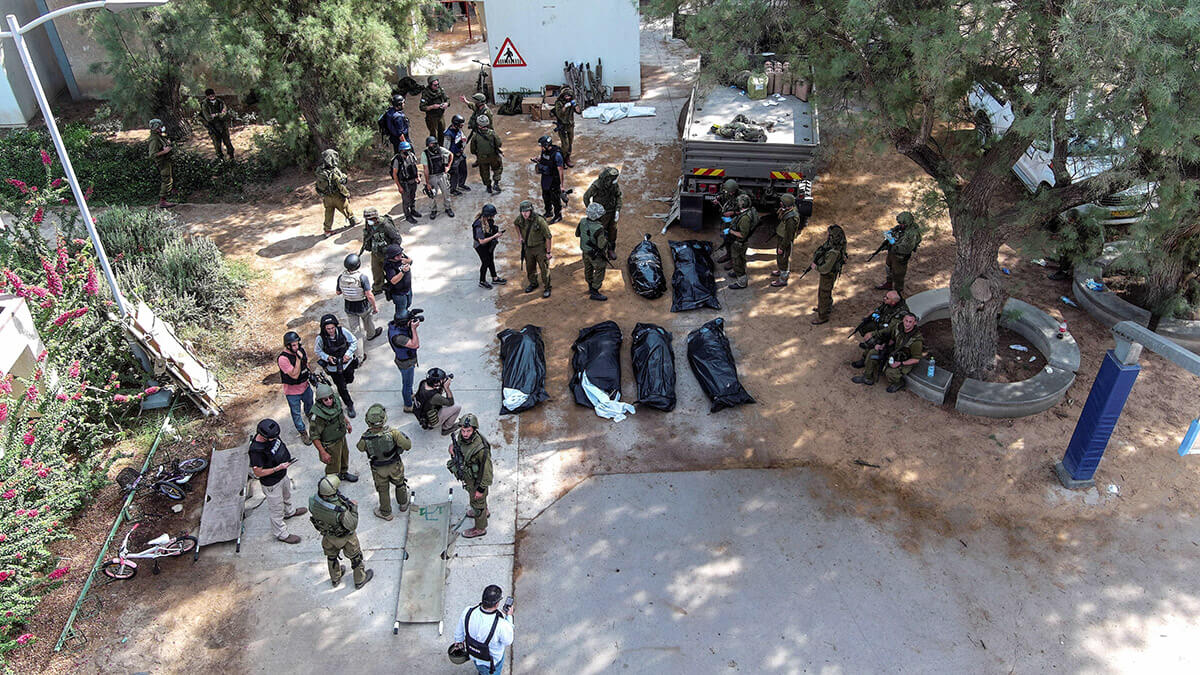
In the months leading up to the attack and the subsequent war between the terrorist group and Israel, the US sent many of its top officials to the Middle East to push for normalisation.
However, 7 October put a momentary halt to these negotiations, although, despite the war, talks have continued, US, Saudi and Israeli officials have confirmed.
The Saudi ambassador to the UK confirmed to the BBC in January that Riyadh is still interested in normalising ties with Jerusalem following similar comments by Secretary of State Antony Blinken and Israeli Prime Minister Benjamin Netanyahu.



